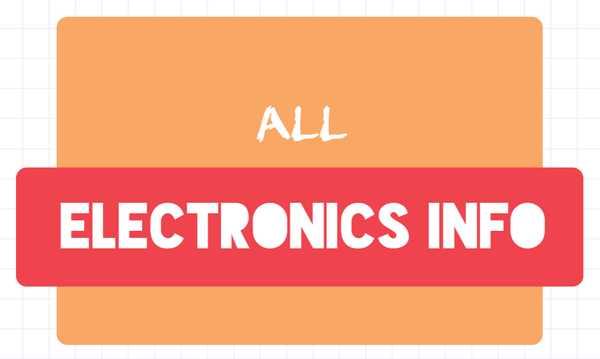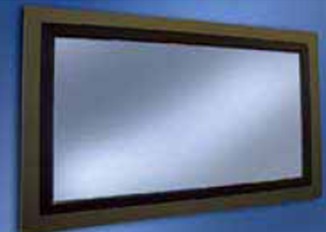Taiwan touch panel supplier eye projected capacitive technology
Taiwan touchscreen solution providers are taking advantage of the trend for projected capacitive types on the back of brisk demand following the success of Apple’s iPod and iPhone. The panel variant ranked second in market application worldwide in 2009, accounting for about 31 percent of shipment volume, according to DisplaySearch. It is predicted to supersede leading resistive technology in sales by year-end, especially in smallscreen consumer electronics such as mobile phones, personal navigation devices and portable media players. The category boasts high sensitivity for enhanced user friendliness.
As a result, many companies in the island have entered the line, doubling the pool to more than 60. This is despite challenges revolving around low yield rate, IC algorithm and ITO production, which increase manufacturing costs.
Touchscreen module makers depend heavily on chipset companies, which have monopoly over the technology. Most IC controller vendors, for instance, have restrictive patents. These include major providers Atmel, Cypress and Synaptics, and Taiwan’s Elan and EETI.
Even so, local enterprises continue to pursue the projected capacitive line. Some are looking to expand to solutions for larger displays as the launch of Windows 7 buoys the touch panel market further.
Elan has introduced ICs and controller modules that passed Windows 7 certification. These are intended for tablet PCs with 10.1in screens.
Semiconductor company Fortrend Taiwan Scientific Corp., meanwhile, has ventured into mass production of projected capacitive panels, targeting its medium and large units at Windows 7-based personal and industrial computers. These include tablet and all-in-one PCs, POS systems and kiosks.
The maker offers models with 95 percent acceptance yield rate and priced to compete with rival resistive types.

